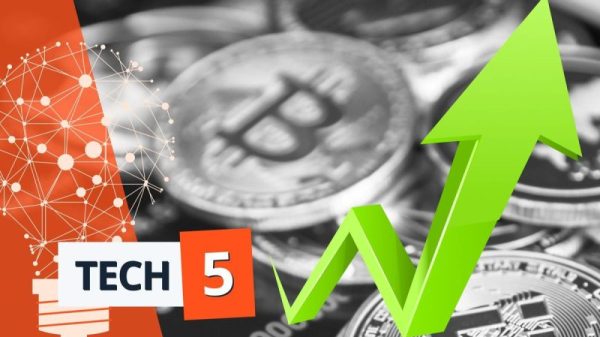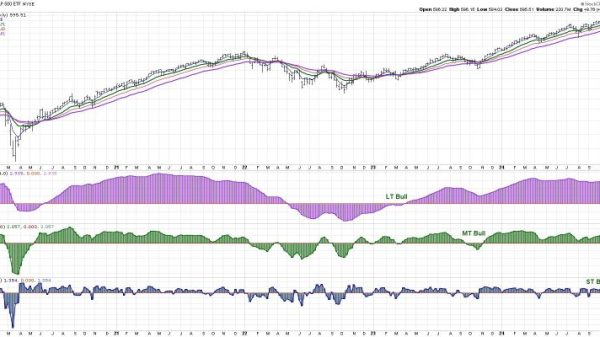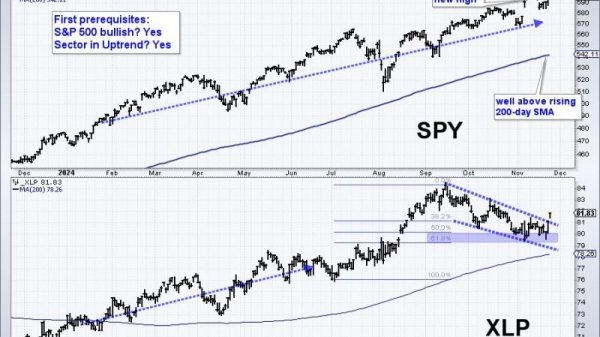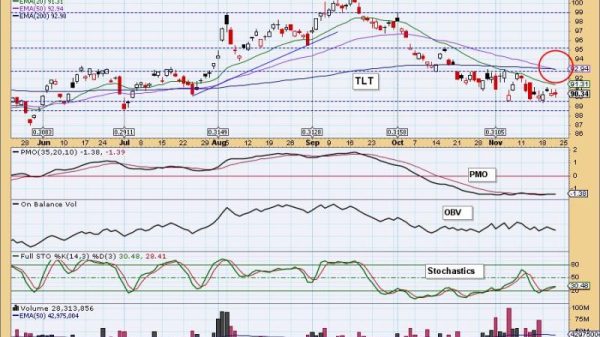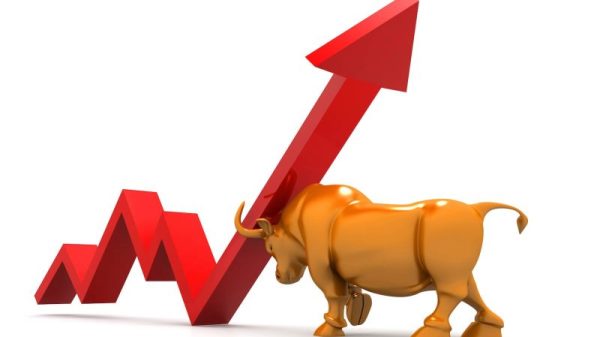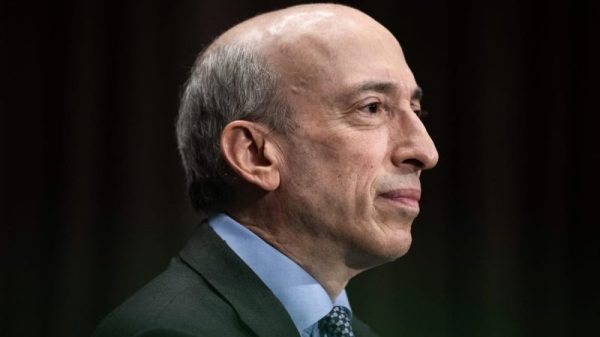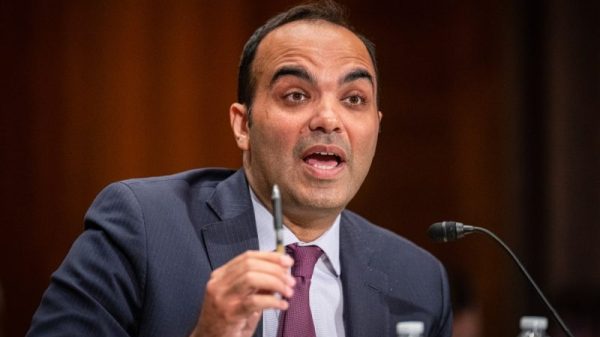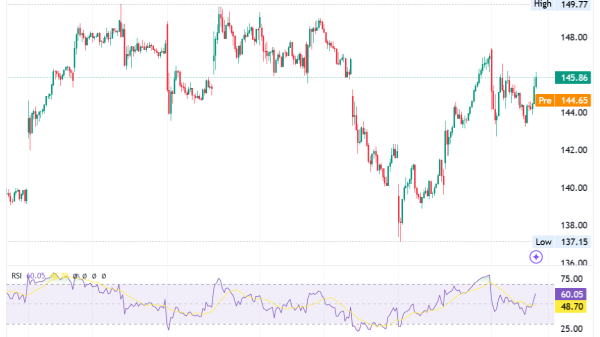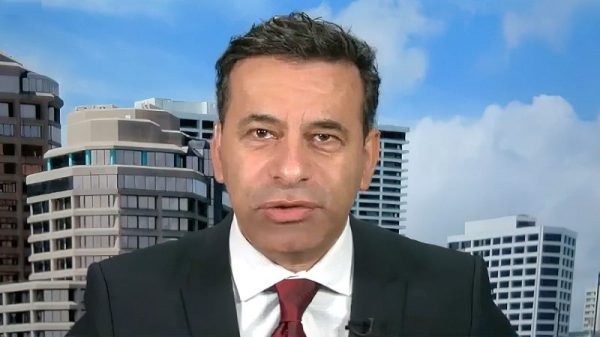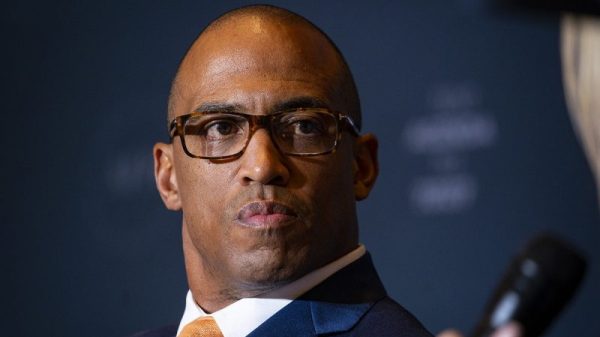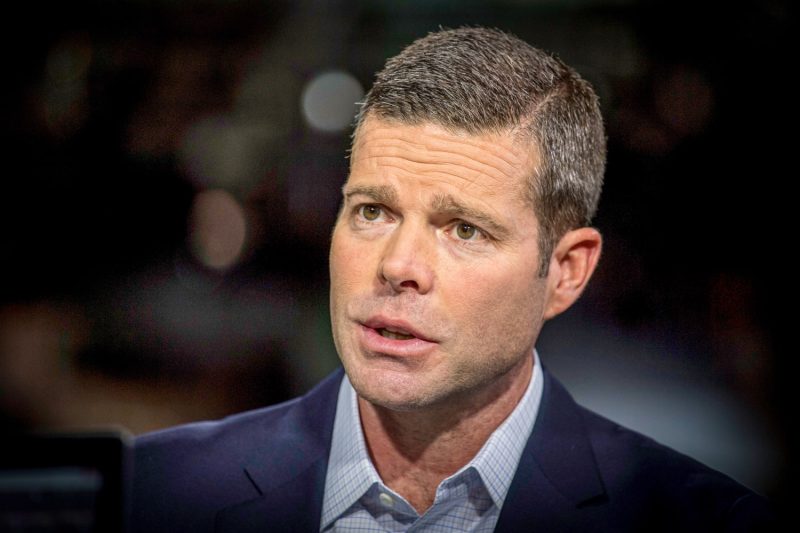Walmart’s CFO John David Rainey said the retailer would likely have to raise prices on some items if President-elect Donald Trump’s proposed tariffs take effect.
“We never want to raise prices,” he said in an interview with CNBC on Tuesday. “Our model is everyday low prices. But there probably will be cases where prices will go up for consumers.”
Rainey added that it’s too soon to say which products could cost more due to the tariffs.
Walmart’s CFO weighed in on the potential policy change as the company beat Wall Street’s earnings and sales expectations and hiked its full-year forecast.
Walmart’s comments are the latest warning from U.S. retail leaders about the potential blowback from from the duties. During Trump’s presidential campaign, he said he would impose a 10% to 20% tariff on all imports, including levies as high as 60% to 100% for goods from China.
In a statement earlier this month, National Retail Federation CEO Matthew Shay described across-the-board tariffs as “a tax on American families.” He said it “will drive inflation and price increases and will result in job losses.”
The prospect of increased prices comes as inflation has moderated in the U.S., after years of stretching consumers’ wallets.
Other retailers and brands have also spoken out about the potential drawbacks of the tariffs. E.l.f. Beauty CEO Tarang Amin told CNBC in an interview earlier this month that the company could be forced to raise prices if the higher duties take effect. Footwear maker Steve Madden said it will reduce the goods it imports from China by as much as 45% over the next year to try to avoid the financial impact.
The majority of goods Walmart sells are not at risk of tariffs. Rainey said about two-thirds of the items that Walmart sells are made, grown or assembled in the U.S.
Like other companies, Walmart has tried to import from different parts of the world rather than rely heavily on China or any one country, he said. Rainey added that levies placed during Trump’s first administration already caused the company to adjust.
“We’ve been living under a tariff environment for seven years, so we’re pretty familiar with that,” he said. “Tariffs, though, are inflationary for customers, so we want to work with suppliers and with our own private brand assortment to try to bring down prices.”
Like Walmart, Lowe’s said it’s also made moves to diversify its supply chain. The home improvement retailer addressed the potential levies as it reported earnings on Tuesday.
CFO Brandon Sink said about 40% of the company’s cost of goods sold comes from outside of the U.S., including direct imports and merchandise from national brands. He said tariffs “certainly would add product costs,” but added “timing and details remain uncertain at this point.”
“We believe we’re well prepared to respond when and if it does happen,” he said.
— CNBC’s Gabrielle Fonrouge contributed to this report.

